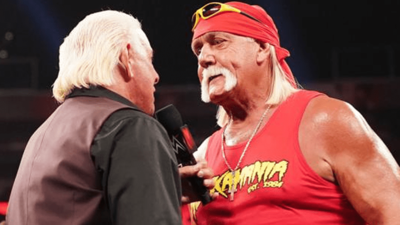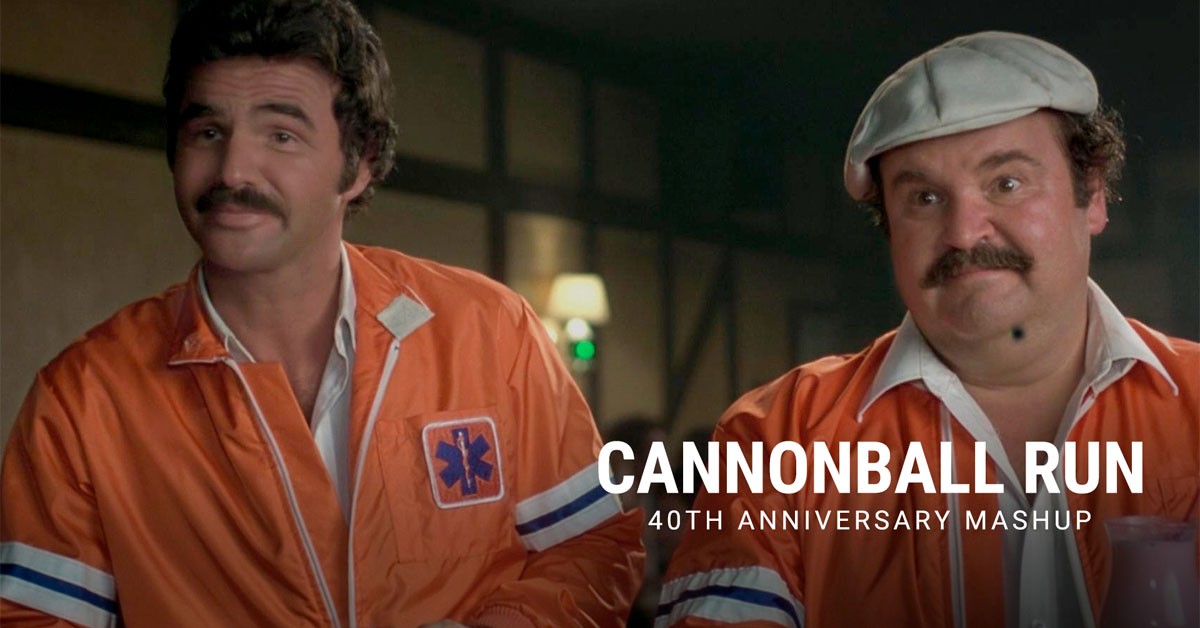On July 24, 2025, the wrestling world was shocked by the news of Hulk Hogan's passing. In the aftermath of this tragic event, Ric Flair took a moment to reflect on their relationship. Despite the public perception of them as enemies, Flair revealed that they were, in fact, very close friends. However, this friendship was marred by the complicated dynamics of the wrestling industry. Flair's remarks highlight the duality of his feelings toward Hogan. While he defended Hogan, stating that "people make mistakes," he also recognized the legitimate grievances that many wrestlers had against him. This delicate balancing act illustrates the complexities of their relationship and the broader issues within the wrestling community.

To understand the animosity towards Hogan, we must examine specific incidents that fuel resentment among wrestlers. Over the years, numerous stories have emerged, painting Hogan as a figure who often prioritized his own interests over those of his colleagues. One of the most notable examples of this animosity stems from Bret Hart's experience in the early 1990s. At Wrestlemania 9, Hart lost the WWF Championship to Yokozuna, only for Hogan to seize the title moments later in an impromptu match. Hart felt betrayed, believing Hogan refused to put him over, leading to a legendary confrontation where Hart told Hogan, "You're not in my league."
The Undertaker's issues with Hogan also highlight this pattern of behavior. After a match in 1991, Hogan claimed to have suffered a neck injury, which led to fear for Undertaker's job. However, upon reviewing the footage, Undertaker discovered that Hogan had exaggerated the relationship severity of the situation, further damaging their.
The resentment towards Hogan is not limited to legends of the past. Modern wrestlers have also voiced their frustrations with him, illustrating a continued pattern of discontent within the industry CM Punk has been particularly vocal about his disdain for Hogan, criticizing his backstage politics and negative influence on the industry. In a candid interview, Punk expressed his dislike for Hogan, emphasizing that he was not a fan of the Hulkster's approach to wrestling.
Seth Rollins has also weighed in, stating that Hogan needs to take responsibility for his actions. Rollins pointed out that the negative reactions Hogan received from fans are justified, indicating a need for Hogan to own up to his past mistakes. The stories of resentment extend beyond individual wrestlers, revealing a toxic environment created by Hogan's backstage behavior. His use of creative control clauses and political maneuvering often leaves talented wrestlers feeling undervalued.
Shawn Michaels' experience with Hogan underscores this toxic atmosphere. Their 2005 SummerSlam match was marred by Hogan's influence, leading Michaels to mock him during the match in a legendary moment that resonated with wrestling fans Younger wrestlers like Billy Kidman have also suffered from Hogan's influence. Kidman's resentment stemmed from Hogan's derogatory comments during WCW's New Blood Storyline, demonstrating how Hogan's actions impacted the careers of upcoming talent.
Perhaps one of the most damaging aspects of Hogan's legacy is his willingness to betray even his closest friends for personal gain. Jesse Ventura's story of Hogan informing Vince McMahon about Ventura's unionization efforts exemplifies this betrayal, leading to lasting resentment.
Scott Steiner has been one of Hogan's most vocal critics, labeling him a "cancer" in wrestling. Steiner's confrontations and public statements highlight the pervasive animosity that Hogan has generated within the industry.


